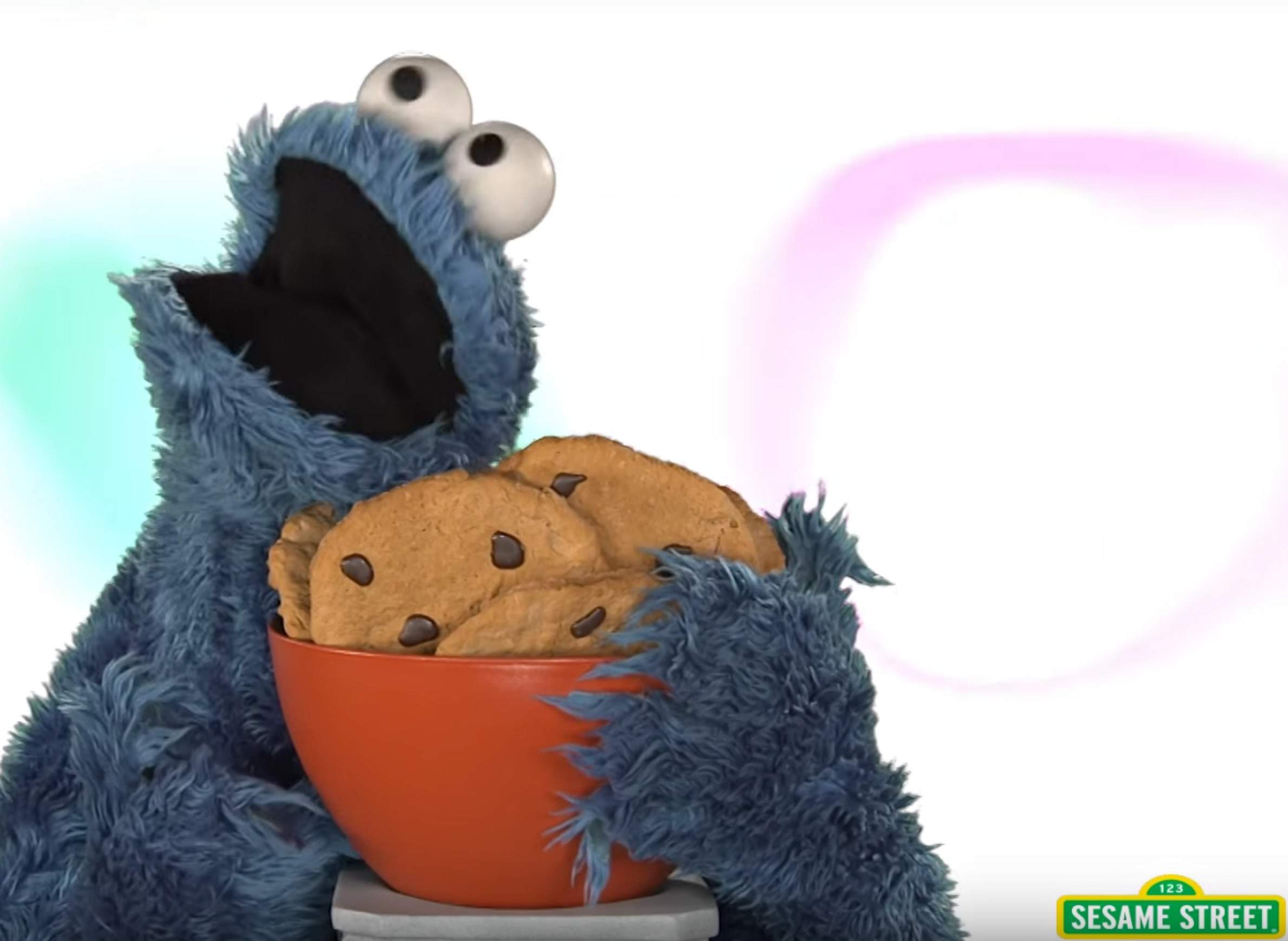
Cookie Monster sings "Me Want It (But Me Wait)."

Cookie Monster sings "Me Want It (But Me Wait)."
Individuals who have formal financial education perform better on a national financial literacy quiz then those who have had no financial education. Only one out of five people ever participate in a financial education course or workshop, in school or at their workplace. However, almost one-half of individuals also reported their parents taught them how to manage finances at home.
While nothing quite matches up to participating in formal financial education, children who receive financial instruction at home do slightly better on assessments of financial literacy than those who whose parents did not provide any financial management guidance. The 2015 report of the National Financial Capability Study, released in July 2016, confirms this distinction.
The Wisconsin Department of Public Instruction offers model academic standards for financial literacy, but these are guidelines and not mandated in elementary or secondary curricula. Research points to a need for parents to provide financial education and guidance to their children, especially since they may not receive such instruction at school.
When parents are having their own challenges with making ends meet and understanding the fine print on financial products, they may not feel capable or comfortable teaching their children the ins and outs of managing money. But even if parents don't sit talk about money with their children, chances are the kids are still paying attention and learning about financial habits and skills every day, for better or worse. When children learning about financial attitudes, values and behaviors from their parents and caregivers, either through instruction or observation, it's referred to as family financial socialization.
The U.S. Consumer Financial Protection Bureau launched the "Money as You Grow" project to provide more tools for parents and other caregivers to teach children about money management skills. The website offers resources for parents of preschoolers to teenagers, including activities, books, and an "Ask CFPB" feature to answer questions about kids and money. One feature of the project is its use of children's books with financial themes to help nudge everyday conversations about money at home or when shopping.
Teaching children about money is not a new concept. Ask anyone who grew up with classics featuring Curious George, the Berenstain Bears, or Frances the Badger read about these characters making spending decisions. What is new, however, is understanding what skills contribute to successful financial management later in life. In addition to earning, spending and saving, positive money management also involves the ability to set goals, prioritize and follow-through. These skills, utilizing problem-solving and self-control, are known as executive functioning.
As a Sesame Street video clip with Cookie Monster illustrates, executive functioning can help kids focus on different facts and information at the same time, notice and learn from mistakes, make decisions, revise plans when needed, and resist the urge to react out of frustration. Executive functioning development occurs rapidly between the ages of 3-5 years, and then continues to develop through age 30. To tap into this critical window of child development, the "Money as you Grow" materials provide opportunities to learn and practice these growing skills through fun activities and conversation starters that can help contribute to successful money management as an adult.
Educators at the University of Wisconsin-Extension and UW-Madison Center for Financial Security are working in partnership with the Consumer Financial Protection Bureau to expand the resources available in this project. Parent guides and activities for additional books will continue to be added to "Money as you Grow" in the 2016-17 academic year, including several Spanish-language books featuring children making money decisions, mistakes and learning lessons learned along the way.
Peggy Olive is a senior outreach specialist with University of Wisconsin-Extension Family Living Programs and UW-Madison Center for Financial Security.